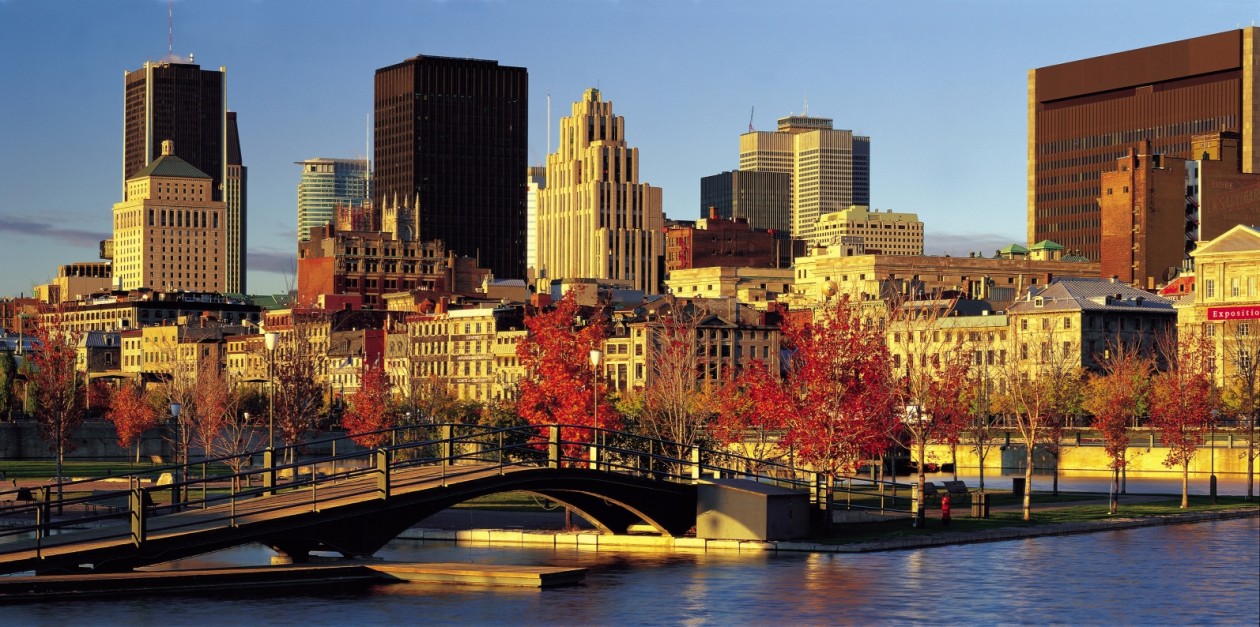The Charter of Rights and Freedom:
- Fundamental freedoms
- Section 2: which lists what the Charter calls “fundamental freedoms” namely freedom of conscience, freedom of religion, freedom of thought, freedom of belief, freedom of expression, freedom of the press and of other media of communication, freedom of peaceful assembly, and freedom of association.
- Democratic rights: generally, the right to participate in political activities and the right to a democratic form of government:
- Section 3: the right to vote and to be eligible to serve as member of a legislature.
- Section 4: the maximum duration of legislatures is set at five years.
- Section 5: an annual sitting of legislatures is required as a minimum.
- Mobility rights:
- Section 6: protects the mobility rights of Canadian citizens, and to a lesser extent that of permanent residents which include the right to enter and leave Canada, and to move to and take up residence in any province, or to reside outside Canada.
- Legal rights: rights of people in dealing with the justice system and law enforcement, namely:
- Section 7: right to life, liberty, and security of the person.
- Section 8: freedom from unreasonable search and seizure.
- Section 9: freedom from arbitrary detention or imprisonment.
- Section 10: right to legal counsel and the guarantee of habeas corpus.
- Section 11: rights in criminal and penal matters such as the right to be presumed innocent until proven guilty.
- Section 12: right not to be subject to cruel and unusual punishment.
- Section 13: rights against self-incrimination
- Section 14: rights to an interpreter in a court proceeding.
- Equality rights:
- Section 15: equal treatment before and under the law, and equal protection and benefit of the law without discrimination.
- Language rights: generally, the right to use either the English or French language in communications with Canada’s federal government and certain provincial governments. Specifically, the language laws enshrined in the Charter include:
- Section 16: English and French are the official languages of Canada and New Brunswick.
- Section 16.1: the English and French-speaking communities of New Brunswick have equal rights to educational and cultural institutions.
- Section 17: the right to use either official language in Parliament or the New Brunswick legislature.
- Section 18: the statutes and proceedings of Parliament and the New Brunswick legislature are to be printed in both official languages.
- Section 19: both official languages may be used in federal and New Brunswick courts.
- Section 20: the right to communicate with and be served by the federal and New Brunswick governments in either official language.
- Section 21: other constitutional language rights outside the Charter regarding English and French are sustained.
- Section 22: existing rights to use languages besides English and French are not affected by the fact that only English and French have language rights in the Charter. (Hence, if there are any rights to use Aboriginal languages anywhere they would continue to exist, though they would have no direct protection under the Charter.)
- Minority language education rights:
- Section 23: rights for certain citizens belonging to French or English-speaking minority communities to be educated in their own language.
- Other sections help clarify how the Charter works in practice. These include,
- Section 25: states that the Charter does not derogate existing Aboriginal rights and freedoms. Aboriginal rights, including treaty rights, receive more direct constitutional protection under section 35 of the Constitution Act, 1982.
- Section 26: clarifies that other rights and freedoms in Canada are not invalidated by the Charter.
- Section 27: requires the Charter to be interpreted in a multicultural context.
- Section 28: states all Charter rights are guaranteed equally to men and women.
- Section 29: confirms the rights of religious schools are preserved.
- Section 30: clarifies the applicability of the Charter in the territories.
- Section 31: confirms that the Charter does not extend the powers of legislatures.
- From http://en.wikipedia.org/wiki/Canadian_Charter_of_Rights_and_Freedoms
